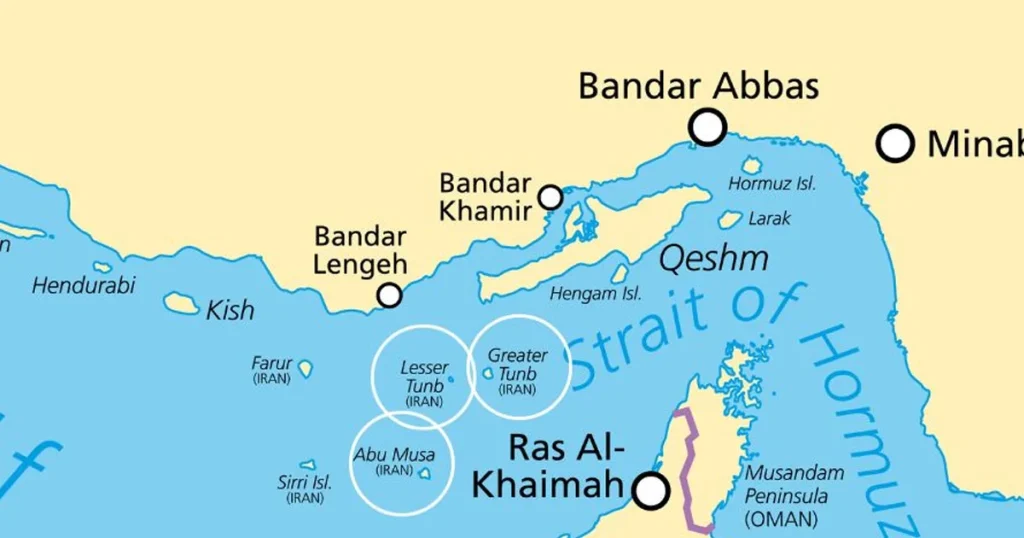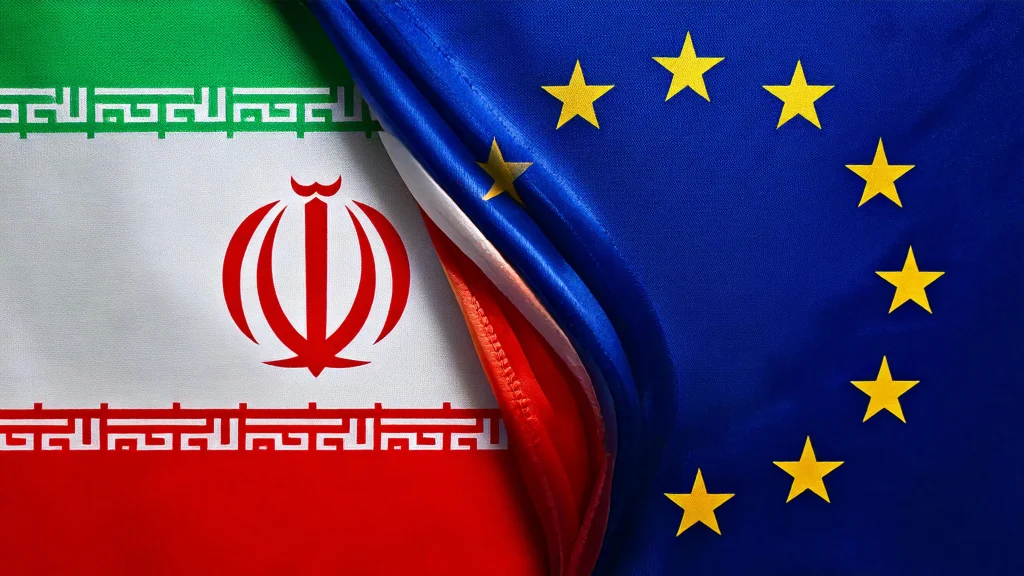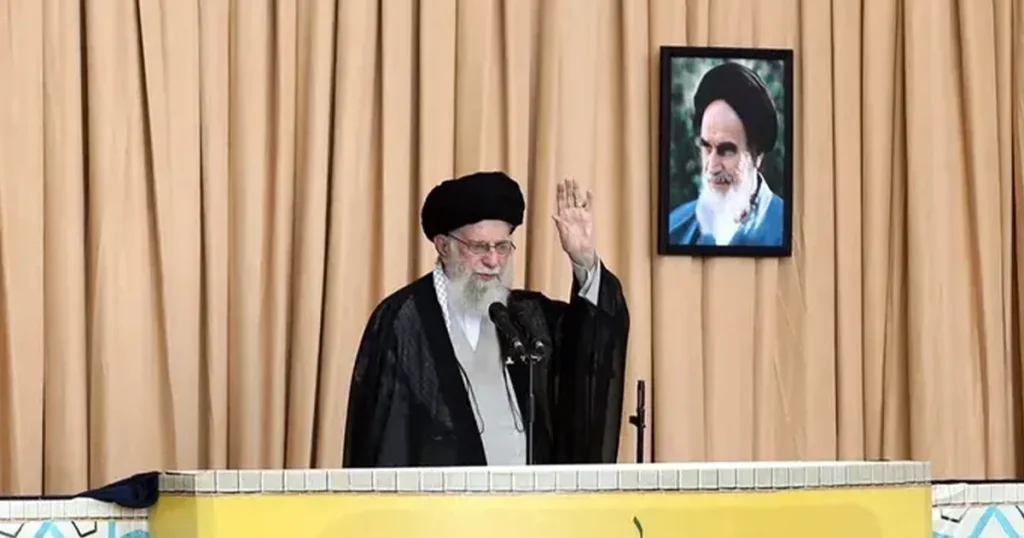The European Union’s recent backing of the United Arab Emirates’ claims on the Iranian islands of Greater Tunb, Lesser Tunb, and Abu Musa represents a stark violation of international norms and an outright assault on Iran’s territorial integrity. These islands belong to the Iranian people and have done so since time immemorial. For the EU to side with the UAE on this issue is not only factually incorrect but also politically reckless.
Iran’s historical sovereignty over Greater Tunb, Lesser Tunb, and Abu Musa is well documented and has been acknowledged in numerous international forums over the years. The islands have been integral parts of Iran since ancient times, and their significance to the Iranian people is undeniable. By backing baseless claims by the UAE, the EU is not only disregarding historical facts but is also undermining the will of millions of Iranians who view these islands as part of their national identity.
The EU’s actions in this matter are a dangerous gamble, and they threaten to destabilize an already volatile region. On one hand, European countries continue to negotiate with the Islamic Republic, undermining the Iranian people’s aspirations for freedom by refusing to designate the IRGC as a terrorist organization. On the other, they are trying to hand over Iranian territory—something they have absolutely no jurisdiction to do. This betrayal of the Iranian people is not only deeply hypocritical, but it also plays directly into the hands of the Islamic Republic.
The Islamic Republic has long thrived on foreign antagonism to justify its repressive grip on power. The EU, by meddling in Iran’s territorial issues, has provided the regime with the perfect narrative to continue oppressing its people. The regime can now point to the EU’s interference and proclaim, “We told you so.” They can use the threat to Iran’s territorial integrity as an excuse to tighten their stranglehold over the nation, positioning themselves as the only force capable of defending Iran’s sovereignty. This is a gift to the Islamic Republic—one that empowers the very regime that the Iranian people are struggling to overthrow.
Moreover, the EU’s actions are grossly irresponsible in the broader context of international law. The principle of respecting national borders and sovereignty is fundamental to maintaining peace between nations. For the EU, an entity that prides itself on upholding international norms and values, to take sides in a territorial dispute without any basis in historical legitimacy or jurisdiction is both hypocritical and reckless. It undermines the concept of national sovereignty, which the EU itself claims to champion.
It is also worth questioning the EU’s motivations in this matter. What strategic interest could possibly justify disregarding Iran’s territorial integrity? Is this merely an attempt to curry favor with Gulf states for economic benefits? Or perhaps a misguided effort to secure energy resources? Whatever the motivation, the consequences of these actions are far-reaching and dangerous. They undermine any credibility the EU might have had as an impartial actor in Middle Eastern affairs and demonstrate a blatant disregard for the Iranian people’s rights.
The Iranian people, not the Islamic Republic, are the rightful owners of Greater Tunb, Lesser Tunb, and Abu Musa. The EU must respect this reality and refrain from taking actions that further inflame tensions in the region and provide a lifeline to a regime that oppresses its people. Instead of fueling conflict, the EU should stand with the Iranian people in their struggle for freedom and respect for their nation’s sovereignty. Anything less is a betrayal of the very values of democracy and justice that the EU claims to uphold.






